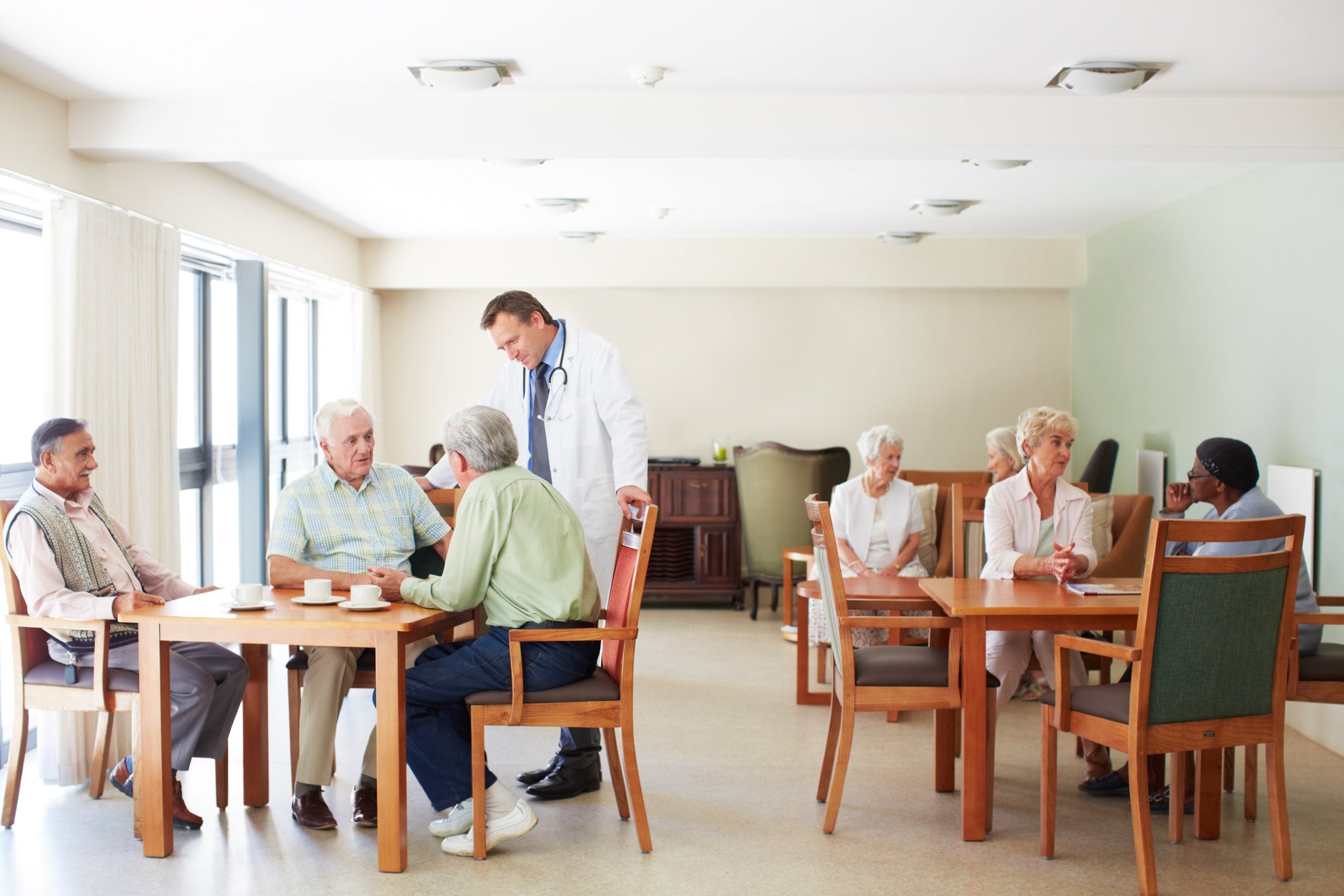How to deal with psychological load and stress in the event of a disaster
table of contents
Introduction
1.Understanding the psychological burden of disasters
2. Dealing with stress during disasters
3. Ensuring a safe environment
4. Use social support
summary
Introduction
Disasters can greatly affect our lives. Disasters can occur in various forms, such as earthquakes, floods, typhoons, and fires. In these situations, people may be exposed not only to physical safety, but also to psychological load and stress. In this article, we will discuss in detail how to deal with the psychological burden and stress of a disaster.
1.Understanding the psychological burden of disasters
1-1 Anxiety and Fear
Anxiety and fear are common when disaster strikes. People worry about the safety of themselves, their families, friends and property. Anxiety may also increase due to evacuation or changes in lifestyle.
1-2 Confusion and helplessness
When a disaster strikes, circumstances can change rapidly and people can experience confusion and helplessness. Disruption can be caused by circumstances beyond one's control, such as destruction of livelihoods and infrastructure, living in shelters, and loss of routine. They may also feel the delay in the arrival of help and assistance, and a sense of helplessness that they cannot help themselves.
1-3 Sorrow and loss
Disasters create the experience of loss and grief, such as loss of family and friends, loss of property and valuable items. This can give rise to feelings of sadness , grief , hopelessness, and mourning.
1-4 Changes in social relationships
In the event of a disaster, community ties and social relationships may change. People may be separated from family and friends and have to develop relationships in new environments and communities. This can lead to loneliness and social isolation.
1-5 PTSD (post-traumatic stress disorder)
Some disaster survivors experience the trauma of the disaster and are diagnosed with PTSD . PTSD is a state of mind that causes symptoms such as reexperiencing, avoidance, and hyperexcitability related to disasters and subsequent events.
The psychological burden in the event of a disaster may have different degrees and effects depending on the individual. Also, the duration of the load and the speed of recovery will vary from person to person. By understanding the psychological burden of disasters, we can provide appropriate coping methods and support.
2. Dealing with stress during disasters
2-1 Obtaining and managing information
In times of disaster, it is important to gather information from reliable and official sources. Official information is provided by local governments, government agencies, disaster response headquarters, disaster prevention information centers, etc. Check these sources' websites, social media accounts, radio, TV, etc.
2-2 Check the accuracy of information
During a disaster, hoaxes and misinformation can spread. When gathering information, prioritize information from reliable sources. Accurate information can be obtained by checking announcements and expert opinions from official sources.
2-3 Beware of excessive intake of information
In times of disaster, an overdose of information can increase stress. When collecting information, try to keep it in moderation. Once you know what information you need, don't get overly immersed in gathering information, and make time for other activities and relaxation.
2-4 Organize and manage information
Information management is useful for prompt action and reconfirmation of necessary information in the event of a disaster. Organize important information into notes and digital files and store them in a concise, easy-to-understand format. It is also convenient to record important contact information and addresses.
2-5 Share information appropriately
Information sharing is important during a disaster. Share information with your family and neighbors, and share necessary procedures and evacuation sites. Participating in social media and information sharing groups in your local community can also be beneficial.
2-6 Utilize information from experts and support groups
In the event of a disaster, make use of the information provided by experts and support groups. Information and advice from disaster preparedness experts and psychological counselors can help you find the appropriate coping strategies and mental health care.
3. Ensuring a safe environment
3-1 Evacuation
If a disaster is imminent or an evacuation order is issued, it is necessary to evacuate immediately. Move to a shelter or safe area. Get information about evacuation routes and evacuation sites from official sources.
3-2 Securing a safe place
Finding a safe place in a building or outdoors is important during a disaster. If you are in a building, evacuate under sturdy furniture or in an earthquake-resistant area. When outdoors, choose a location with stable ground away from buildings and trees.
3-3 Confirmation of electricity, gas and water supply
In the event of a disaster, problems may occur with facilities such as electricity, gas, and water. After a disaster, make sure these facilities are functioning properly. If there are any anomalies, contact the appropriate professionals to address them.
3-4 Handling of dangerous goods
During a disaster, the risk of hazardous materials and chemicals may increase. If there are dangerous objects nearby, keep your distance and follow professional advice. Also, protect yourself and others by following instructions for handling and storing hazardous materials.
3-5 Fire prevention
In the event of a disaster, the risk of fire may increase. Take proper fire prevention measures. Be careful when handling fire and keep cooking and heating away from the source of the fire. It is also important to have knowledge of how to put out a fire and how to use a fire extinguisher.
3-6 Securing emergency contact means
In the event of a disaster, it is important to secure emergency contact means. Prepare a means of communication, such as a mobile phone or radio, and use it to receive appropriate information and to contact you in an emergency. Also, know your emergency contacts and contact them as soon as possible if necessary.
4. Use social support
4-1 Support from government agencies and local governments
Government agencies and local governments provide emergency assistance and relief activities during disasters. You can receive support in various forms, such as provision of shelter, provision of food and medical care, and provision of information. Check out official sources and helplines and get in touch for the help you need.
4-2 Participating in Support Groups and Volunteer Groups
In times of disaster, support groups and volunteer groups are active. By participating in these organizations, you can participate in activities to support the reconstruction of disaster-stricken areas and aid victims. Contact your local community center or disaster volunteer center for information on how to get involved and what assistance you may need.
4-3 Mutual support with family and friends
Bonds with family and friends are especially important during a disaster. Help each other and share information and resources. By evacuating together and living together, you can gain a sense of psychological stability.
4-4 Utilization of psychological support
In times of disaster, psychological support may be required. Professional services, such as psychological counseling and psychological support programs, can help reduce symptoms of stress and trauma and facilitate recovery. Contact your local center or support group to find out how you can get psychological support.
4-5 Community cohesion and mutual support Reflection and self-care
Through self-reflection, it is important to get in touch with yourself and explore the sources of your emotions and stress. It's also important to make time for self-care and engage in relaxing and healing activities. You can also try relaxation techniques such as mindfulness, meditation, yoga, and deep breathing.
summary
The psychological load and stress of a disaster can have a significant impact on victims. However, with the right coping strategies, you can maintain and recover your mental health. Obtaining and managing information, ensuring a safe environment, using social support, self-care and relaxation, emotional expression and psychological support are important coping strategies. In times of disaster, it is important to combine these approaches to take care of yourself and those around you.








